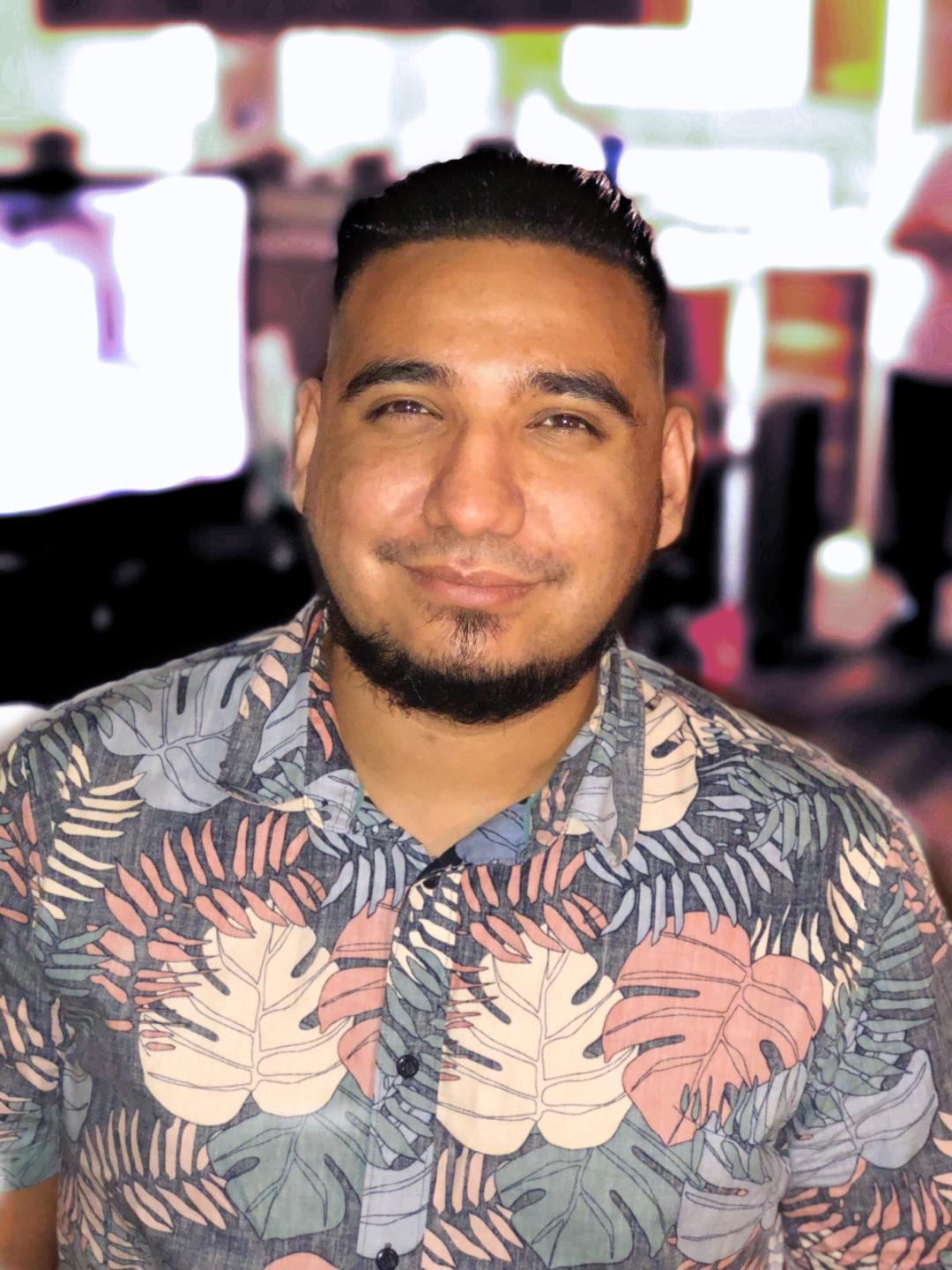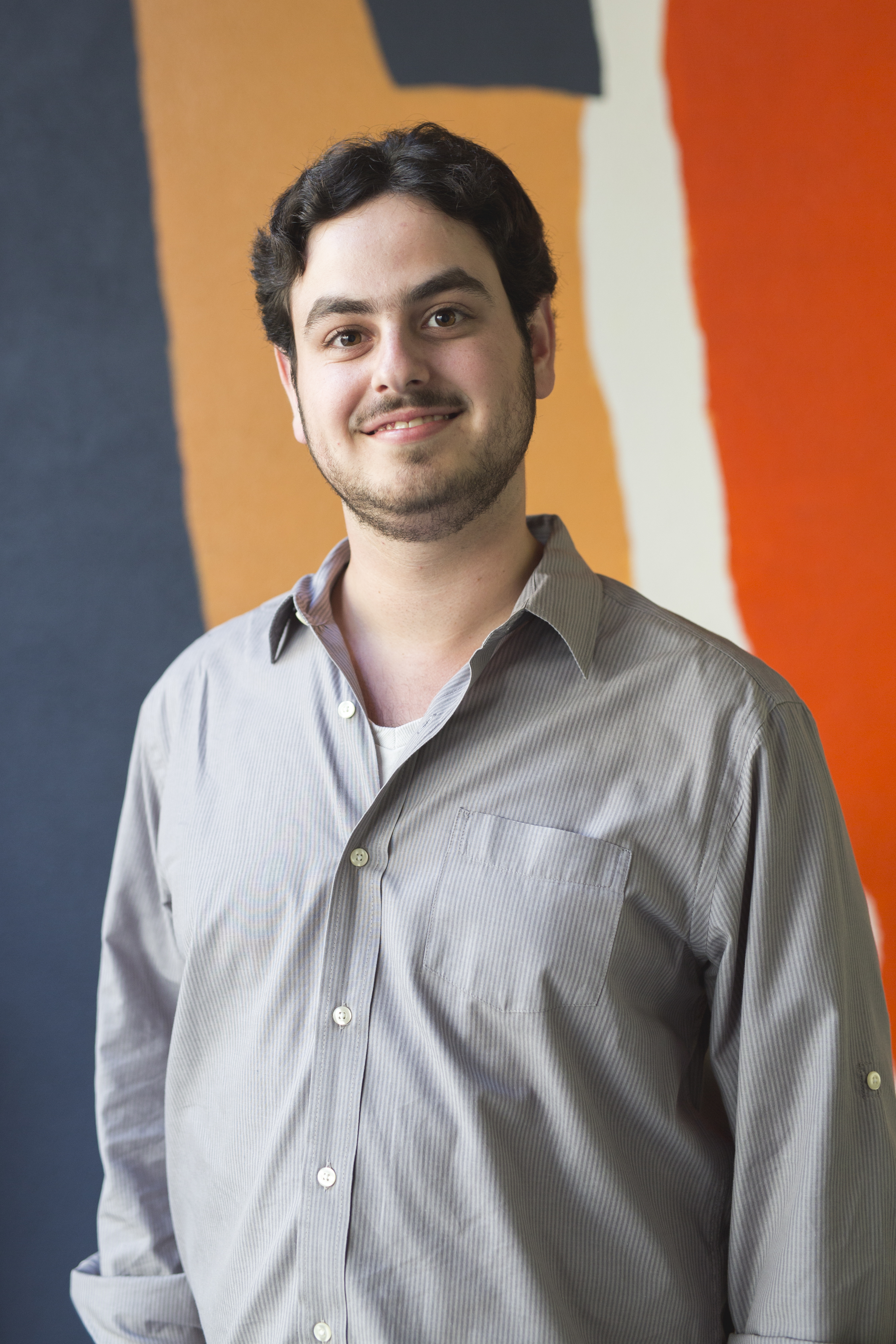 Ismael Villarreal is a design engineer for AdelWiggins Group, a small aerospace company based out of Commerce, CA. AdelWiggins Group produces custom-designed products for fuel distribution systems, such as hoses, clamps and connectors. They primarily sell their products to Boeing and Airbus, but also work with manufacturers like Embraer in Brazil and Leonardo in Italy.
Ismael Villarreal is a design engineer for AdelWiggins Group, a small aerospace company based out of Commerce, CA. AdelWiggins Group produces custom-designed products for fuel distribution systems, such as hoses, clamps and connectors. They primarily sell their products to Boeing and Airbus, but also work with manufacturers like Embraer in Brazil and Leonardo in Italy.
Villarreal, who has been at the company for about a year, works on mechanical components either by adjusting existing designs or creating brand new products. Because AdelWiggins is a smaller company, he said designers often play more of a role in manufacturing and testing products than they would at a larger operation.
Villarreal recently graduated from the University of California, Irvine with a degree in mechanical engineering. He is the first engineer in his family; a career choice that stemmed from a natural proficiency in math and physics. Villarreal said he “believes in doing what you’re good at.”
Villarreal said one day he would like to work at a big aerospace manufacturer like Boeing, but he’s happy where he is now.
Did you anticipate going into aerospace?
Aerospace is actually a relatively small branch of engineering; it's a little prestigious. Not a lot of people are buying airplanes daily, so when a person wants one, everyone tries to jump on it. It's a big project every time, so lots of jobs get created.
I didn't see myself ending up in aerospace. It was something I thought I was going to have to work toward, because it's difficult to get a foot in the door. But now that I have a job at a small aerospace company and my foot's already there, I don't plan on taking it out.
I just want to push myself in more.
In the time that you've been at AdelWiggins, have you had the chance to work on any big projects?
I started designing tube connectors, which connect tubes inside the frame of the airplane. Every part has to be really flexible because we can't have rigid tubes running throughout the plane.
Sometimes we create parts not because a customer asks for it, but because certain specifications get released. We know there will be a demand for this new spec, so it becomes a race to qualify our product. This project was really demanding and stressful.
We reached out to the main manufacturer, had the parts made, wrote a test procedure and then made some text fixtures and scheduled all the testing. That took about four-to-five months, starting last August.
Right now that's in the testing phase, and I'm starting up a new project. This one is much smaller, so it's a quick disconnect for us. At this phase, parts are being manufactured and I'm responsible for that.
Would you say four-to-five months is average for the time it might take to do this kind of work for a single product?
For a full qualification program — from design to manufacturing to full purchase, with time devoted to perform a test on the part — I would say it could take anywhere from six months to a year to complete. Sometimes it takes a month or so just to run one test, and depending on how lucky we are with those it can really stretch out the whole program.
Design normally takes a few weeks, getting the part made takes two-to-three months. Test procedure and test report will take a few weeks.
When you have a project with no precedent like that, do you go into it with a certain mindset?
I learn as much as I can and try to understand as much as I can. This is more electro-mechanical, and as mechanical engineers we're not too familiar with the electrical side.
I think working on a project that combines the two could really help the company and myself career-wise.
How helpful was your education in preparing you for the work you’re doing now?
I went to UCI, which is a research university. We usually had our heads in books. There were a few classes with projects that were hands-on and involved teamwork. During these projects we created what we designed. I made an electric race car, which will hopefully help me on this new project.
I think schools need to teach young engineers how to lead a project, create a good timeline, use Microsoft Project. Those soft skills are more important than people think.
Once I had a very basic understanding of the fundamentals, what I learned within the first one-or-two years, the rest I had to learn outside of school.
Is there something you'd encourage young, aspiring engineers to do while they're going through school that can help them?
Find the most complex project that a school offers.
For example, most schools require a senior project, and I'd say about 90 percent of students at mine opted for the easier projects; the kind of projects where students don't do much because they're in the very early stages.
We're all really busy with our other classes, so people opt out of that part because it's so demanding. But it’s a good opportunity to develop those soft skills, like working with a team and doing hands on projects, especially since a lot of the work I do now is exactly that.
Find the most challenging project, more than one if possible, and try to get a leadership position that looks good on paper. I found out I really like doing leadership activities because of things I did in college; it was really fun having a team.
Is there anything else you want to add?
When I went to UCI, I was one of the very few Latinos in my class. In my engineering class, about 80 percent of the demographic was Asian.
I didn't let it intimidate me at all. I was one of the top performers in my school and I was proud of that. There were some math classes where I would be the only person who aced the final.
To me, demographics didn't really mean much. It's how well a person can learn the material, what they’re going to do with it and how hard they’re willing to study it. Anyone can outperform others in their class if they out their mind to it; that's how I looked at it and that's how I did it.




